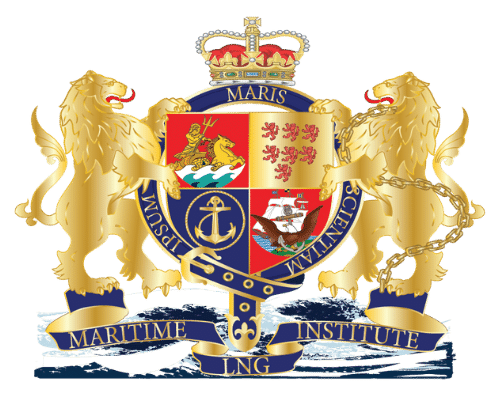
The LNG Training Accreditation Institute to the Maritime Industry
GROW AND EXPAND YOUR SKILLS
BROWSE THROUGH OUR LNG CURRENT CURRICULUM

Marine Engineering & LNG Essentials For Non-Technical Professionals

Methanol, Hydrogen & LNG Fuel Bunkering and Fuel Cell Technology

Strategic Commercial LNG Investment, Finance & Project Management
With sulphur emissions that are 10,000 times higher than diesel, the use of heavy fuel oil (HFO) as maritime fuel has a significant impact on the environment; in reality it accounts for almost 14% of global sulphur emissions into the atmosphere.
The growing impact of this human activity on the environment is pushing the International Maritime Organisation and the European Union to implement stricter regulations, lowering the maritime fuel sulphur limits in waters around the world.
In Europe, adoption of directive 2021/33/EU imposes a maximum sulphur emission limit for ships of 0.1% in specific SECAs (Sulphur Emission Control Areas): Baltic Sea, English Channel and North Sea), from 1st January 2015, and 0.5% for all other European Waters in 2020 or 2025. This ambitious directive positions LNG as a solution for future maritime fleets as they take the necessary steps to comply with this directive.
In addition to a lower environmental impact, LNG is the primary energy offering the best thermodynamic yields, and hence the best energy efficiency. In particular, the cost of LNG is considerably more competitive than that of other low sulphur fuels, such as MGO (Marine Gas Oil).
Compared to traditional heavy fuel oils, LNG represents:

“All the executive management got a great presentation, terrific.”
“We learnt a lot about the current marketplace forecast in Asia and the Middle East. The need for this course is essential if you are engaged in the industry.”
“Useful and interesting. Topic related to my job scope.”
“Very technical and informative.”
“The ability to learn online such valuable information for career progression. There is a definite skill shortage, this is essential.”

As the LNG Accreditation body, we have the combined expertise of world leading expert lecturers in: LNG marine engineering, LNG and Petrochemical science, LNG Safety, LNG equipment technicians. With a variety of sea going experience, including having served as Chief Engineers and also ashore as LNG Superintendents.
The Marine LNG Institute courses combine all this expertise. Our greatest asset is our people, who feature strongly in all maritime and marine industries involved in marine engineering, machinery, maintenance, LNG, oil and gas science, marine safety, propulsion, vessel part procurement, manufacturing, component integrity, compliance, marine insurance, cargo handling and equipment.









© Marine LNG Institute | Terms & Conditions | Website by Lemon Crush